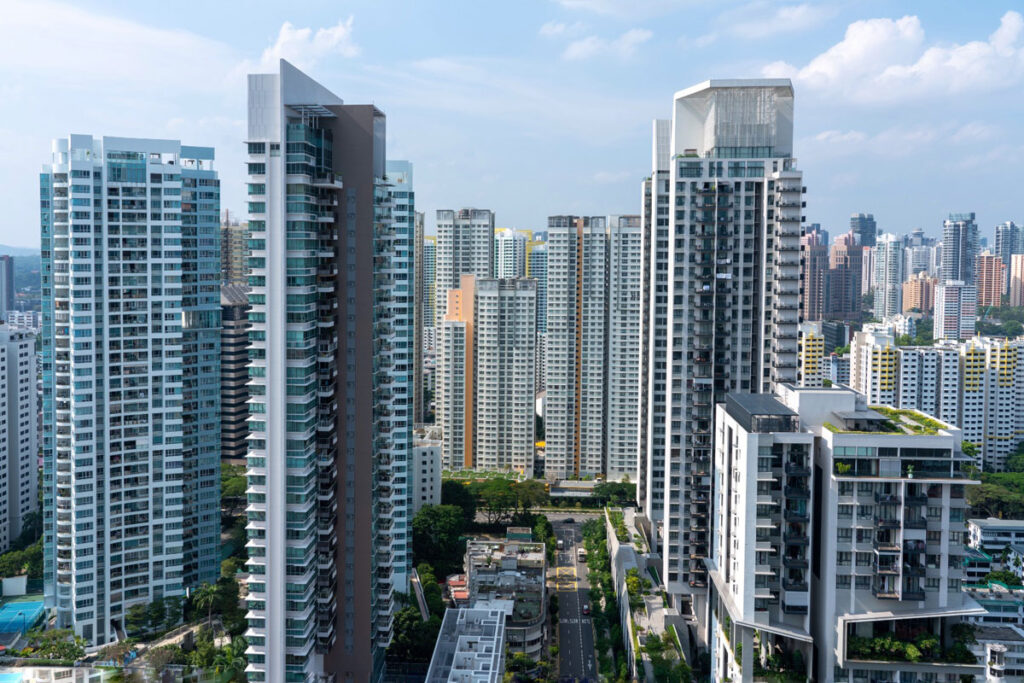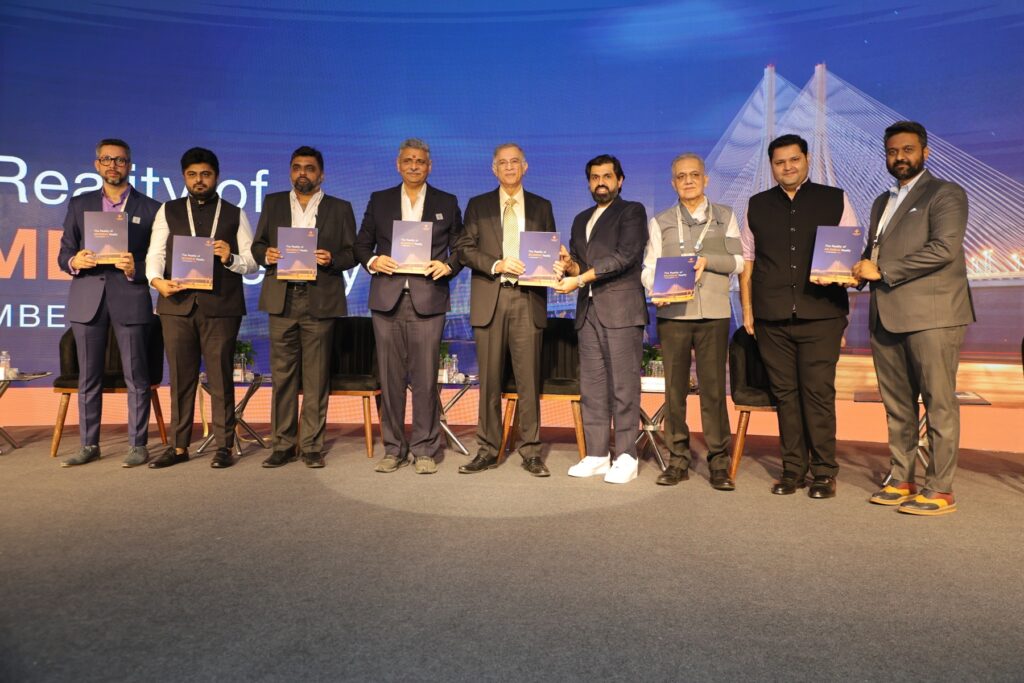RBI’s Neutral Stance on Repo Rate: What It Means for India’s Real Estate Sector
Mumbai, 6th December 2024: The Reserve Bank of India (RBI) announced its fifth bi-monthly monetary policy for FY25 today, December 6, 2024. The Monetary Policy Committee (MPC), led by Governor Shaktikanta Das, has once again decided to keep the benchmark repo rate unchanged at 6.5%. This marks the eleventh consecutive meeting with no change, as the central bank maintains a neutral stance amidst global uncertainties and domestic inflationary pressures. The decision to hold the repo rate at 6.5% brings mixed sentiments for the real estate sector. While the unchanged rates ensure stability in borrowing costs for developers and homebuyers, the lack of a rate reduction means that existing home loan borrowers will continue to pay high Equated Monthly Installments (EMIs). The rate hold also dampens hopes of increased affordability, which could have spurred greater housing demand. However, developers remain optimistic about the sector’s growth, supported by government initiatives and the continued momentum in urbanization and infrastructure development. Experts point out that the current repo rate levels have already encouraged significant real estate investments, especially in the residential segment. Prashant Sharma – President, NAREDCO Maharashtra: “The RBI’s decision to maintain the repo rate at 6.5% for the eleventh consecutive meeting reflects a measured approach to managing inflation without hampering economic growth. The neutral stance provides much-needed stability in the financial markets, which is crucial for the real estate sector. The unchanged rates will help maintain buyer sentiment, especially in the affordable and mid-segment housing categories. However, the industry continues to look forward to more government support, such as tax benefits and incentives, to further boost housing demand.” Kuldeep Jain, Founder & CEO of Build Capital: “The RBI’s neutral stance and focus on balancing inflation and growth are positive signals for the real estate sector, ensuring stable home loan rates as well. With repo rates unchanged, stable borrowing costs will sustain momentum across residential and commercial segments. We urge the RBI to consider long-term measures to enhance liquidity and credit flow in the industry.” Vikas Sutaria, Founder, Iraah Lifespaces: “The decision to keep the repo rate unchanged is a welcome move, especially for the luxury and holiday home markets. Stability in interest rates enhances buyer confidence, particularly in emerging markets like Alibaug and Lonavala, which have been witnessing increased interest in these segments. The focus should now shift to infrastructure development and supportive policy measures to sustain demand.” Anil Mutha – Chief Visionary & Co-Founder, Nandivardhan Group: “The real estate sector appreciates the RBI’s commitment to maintaining economic stability. A neutral stance supports steady growth in home loans and project funding, ensuring that housing remains accessible. However, we believe a 25 bps rate cut would have been helpful to stimulate further growth in real estate.” Shraddha Kedia-Agarwal – Director, Transcon Developers: “An unchanged repo rate allows the market to sustain its momentum, particularly in metro cities where housing demand continues to rise. The policy’s stability is a boon for luxury housing, enabling developers to plan innovative projects without the pressure of fluctuating interest rates. We hope to see further incentives to accelerate urban infrastructure development.” Rohan Khatau – Director, CCI Projects: “The neutral stance taken by the RBI ensures predictability in the market, which is critical for sustaining homebuyer confidence. While the steady repo rate is encouraging, we also look forward to policies that could ease liquidity challenges and promote faster approvals for real estate projects.” Samyak Jain, Director, Siddha Group welcomed the RBI’s decision to maintain the repo rate at 6.5%. “The Indian economy has been resilient given the current geopolitical landscape and rising inflation across global markets. This move will usher in growth and maintain economic stability whilst enhancing consumer purchasing power, making it easier for individuals to invest in long-term assets like homes. For first-time homebuyers, this is an opportune time to take advantage of favorable borrowing conditions and secure their dream homes at more competitive rates.” Govind Krishnan Muthukumar, Managing Director & Co-Founder, Tridhaatu Realty: “The RBI’s focus on balancing inflation and growth resonates well with the real estate sector’s goals. Stable borrowing costs will help developers cater to the growing demand for sustainable and climate-resilient housing. This policy is a positive step toward fostering investor and homebuyer confidence.” Vedanshu Kedia – Director, Prescon Group: “The RBI’s balanced approach ensures that homebuyers remain confident, especially in the premium housing segment. This continuity is crucial for maintaining liquidity in the market and supporting long-term projects. Collaborative efforts from policymakers and the banking sector can further strengthen this positive trajectory.” Abhishek Jain, COO, Satellite Developers Private Limited (SDPL) welcomed the Reserve Bank of India’s decision to maintain the repo rate at 6.5%. He stated, “This prudent move will effectively control inflation while simultaneously fostering economic growth. By putting more money in the hands of consumers, it is expected to encourage homeownership and boost demand in the real estate sector.”
RBI’s Neutral Stance on Repo Rate: What It Means for India’s Real Estate Sector Read More »















